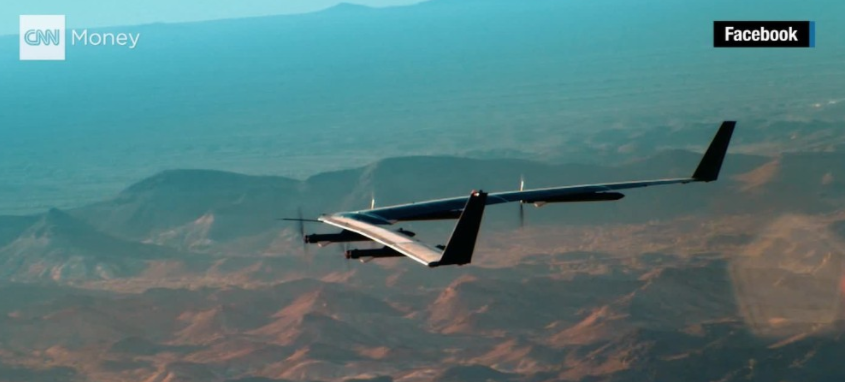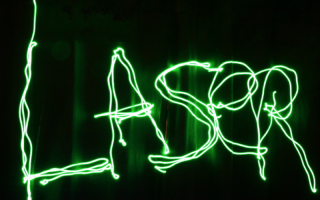Asian LASER Industry to Africa
African visionaries to Chinese companies.
Examples of what we want tos say with reasonable technology
What we consider relevant projects?
-Facebook is developing its own solar-powered drones, satellites and lasers to deliver web access to underdeveloped countries
-Using laser scanner survey technology and photography, researchers from Russia, China and India aim to develop software for creating informative 3D-models of urban infrastructure objects.
What we consider irrelevant ones?
-Meet the scientists immortalizing African heritage in virtual reality
Choose Sylodium:You dominate your import-export niches: feel the power"
Your own business at Shanghai – West Africa Laser Trade, Ningbo – Nigeria Laser Industry, Hong Kong – South Africa Laser 4.0, Beijing – East Africa Laser Apps, Guangdong – North Africa Laser games, etc etc.
We need your talent and ideas, but reasonable ideas to “win win in proportion” 4.0 businesses and beneficial circuits businesses in reasonable tech realities and projects!!
make money together, contact us here info@sylodium.com

African dealers to Chinese companies
Tap Chinafrica relations via Sylodium!!
Next generation laser defense eyewear glasses are used to prevent the eyes from injury caused by invisible and visible wavelengths of laser beams.
Thas is what Sylodium is building, a glassess to separate the irrelevant technology from the reasonable tech.
" Your import-export business in Internet's guts"
Our logical business system, allows you to segment your target markets to be seen, and dominate the bilateral trade niches you choose from China to Africa.
While Sylodium has connected in Internet the world via crossing system, Facebook's plan to connect the world with lasers and drones is more than pie in the sky
From cNET.com
How do you solve a problem like connecting the 1.7 billion people to the Internet who live outside of the range of mobile broadband?
If you're Facebook, the answer is drones. Also, lasers.
Facebook's drone project, named Aquila, is one of several initiatives the company is testing as part of the Internet.org coalition to try to improve global Internet access. In spite of its outlandish nature, it is one of the less controversial projects that Internet.org is working on, unlike its Free Basics package, which found Facebook embroiled in a worldwide debate over open and equal Internet access.
The company's chief executive, Mark Zuckerberg, during his Mobile World Congress keynote on Tuesday touched on the already public plans to extend Internet access to unconnected areas of the world using solar-powered planes.

The grand vision for the drones is to get them to form a network -- "a backbone in the sky," (as SYlodium has the backbone in Internet) as Maguire called it -- bridging communities and connecting them to the urban center. This is where the lasers come in. They'll sit on top of the drones, allowing them to communicate vehicle to vehicle. Millimeter wave technology would be used to send the Internet signals to the ground.
Because the drones will fly above weather systems in the atmosphere, the lasers have an extremely clean environment to operate in, with nothing to throw them off course. Laser performance, said Maguire, is "an intense area of focus for us."
Mapping the unconnected (as Sylodium did virtually)
There are still major challenges ahead. The current record for keeping a solar-powered plane in the sky is two weeks, and Facebook wants its drones to be capable of flying for at least three months at a time. "If we can pull this off, it will be a significant breakthrough for an autonomous, low-power high-altitude plane," said Maguire.
Accuracy of the lasers is also a challenge. If you've ever used a laser pointer, you'll know how tricky it can be to hold the beam perfectly still. The same will be true for Facebook's lasers, except they'll be firing them over very long distances between moving unmanned vehicles.

